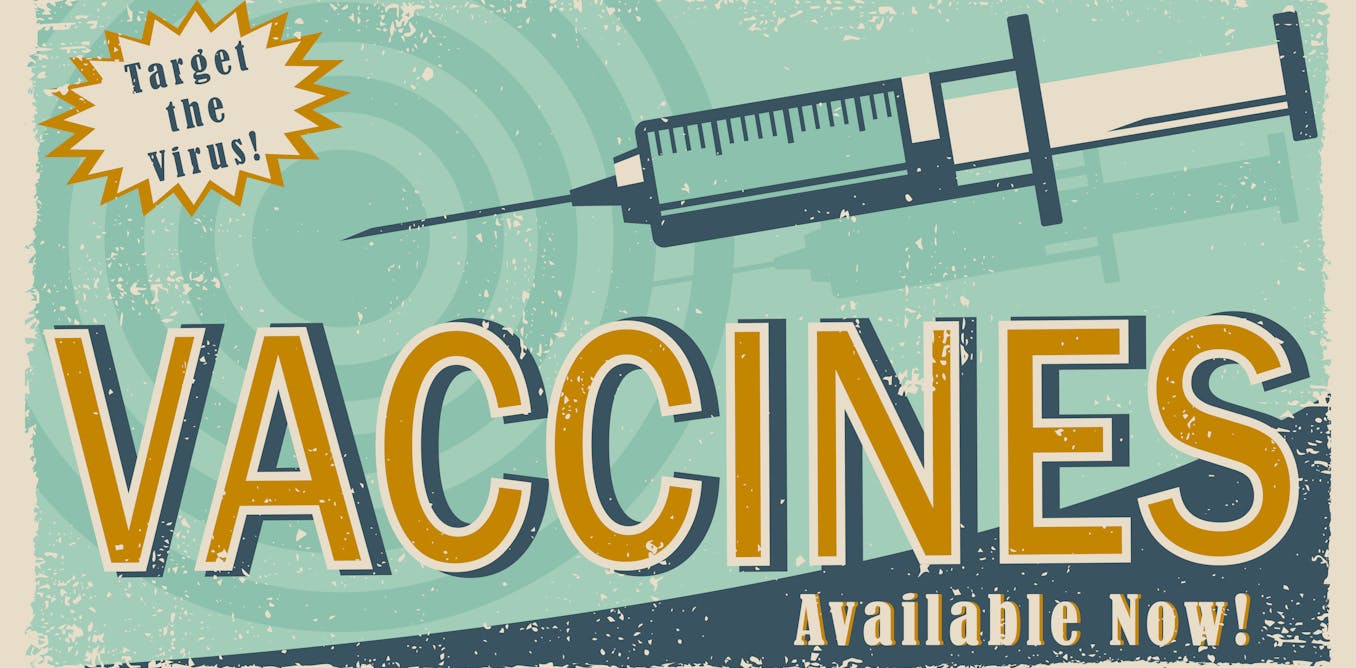Menopause can have profound effects on heart health, yet many people are unaware of this important connection.
The hormonal shifts occurring during menopause mark the end of a woman’s reproductive years and contribute to an increased risk of cardiovascular disease, the most common cause of death among women globally. As estrogen levels drop, changes in cholesterol, blood pressure, inflammation and fat distribution can lead to plaque buildup in blood vessels, which is a major cause of heart disease.
Hormone therapy has long been prescribed to relieve bothersome menopausal symptoms, but research published in 2002 and 2004 raised concerns about its safety, especially regarding cardiovascular health. Those findings led to years of confusion and debate. Although hormone therapy was also previously prescribed to prevent chronic diseases such as cardiovascular disease, medical guidelines today no longer recommend it for this purpose based on this prior research.
As a cardiologist studying the prevention of heart disease in menopausal women, I investigate how hormone changes affect heart health and how treatments can be improved to lower cardiovascular disease risk. As research continues to shed light on menopause and heart health, it is becoming increasingly clear that hormone therapy used to treat menopausal symptoms in younger, healthy women is not only safe for the heart but may even offer some cardiovascular benefits.
The estrogen-cardiovascular link explained
Menopause, defined as 12 consecutive months without a menstrual period, marks the end of a woman’s reproductive years and typically occurs between ages 45 to 55. The transition leading to menopause, known as perimenopause, can last several years and is characterized by fluctuating levels of hormones, including estrogen and progesterone. These hormonal changes often cause symptoms such as hot flashes, night sweats and sleep disturbances.
What’s less widely known is that menopause and lack of estrogen also drive changes to the heart and blood vessels. Estrogen has protective effects on the cardiovascular system, and its decline can lead to increased blood vessel stiffness, resulting in high blood pressure, higher cholesterol levels, more inflammation, and shifts in fat deposition, which lead to a greater risk of heart disease.
One reason for this is that estrogen helps keep blood vessels flexible and supports the production of nitric oxide, a molecule that allows vessels to relax and maintain healthy blood flow. Estrogen also influences how the body processes cholesterol, helping to make changes to cholesterol to reduce plaque buildup in artery walls. When estrogen levels drop during menopause, these protective factors diminish, making arteries more susceptible to stiffening, plaque buildup and inflammation. These biological processes raise the risk of long-term cardiovascular disease.
Hormone therapy’s rocky history
Hormone therapy using estrogen alone or a combination of estrogen and progestin, a synthetic derivative of progesterone, restores estrogen levels and effectively treats menopausal symptoms. It comes with some risks, though, which depend on factors such as a woman’s age, time since menopause began and overall health.
The medical community’s view on hormone therapy has shifted dramatically over the years. In the 1970s, hormone therapy was widely promoted as a fountain of youth and was prescribed commonly to prevent age-related chronic diseases such as heart attack and stroke.
Then, in the early 2000s, the Women’s Health Initiative, one of the largest clinical trials testing oral hormone therapy in women, found an increased risk of stroke and breast cancer in those who used hormone therapy. Doctors abruptly stopped prescribing it, and medical guidelines shifted their recommendations, saying the treatment had more risks than benefits.
However, additional analyses of data from the Women’s Health Initiative along with results from further studies pointed researchers to a theory called the timing hypothesis, which suggests that the risks and benefits of hormone therapy depend on when treatment begins.
According to the timing hypothesis, hormone therapy may lower the risk of heart disease in menopausal women who start it before age 60 and within 10 years of menopause onset, and who are otherwise in good health. Women who begin hormone therapy much later – after age 60 or more than 10 years after menopause onset – may instead face increased cardiovascular risks.
Adam SmigielskiE+ via Getty Images
A personalized approach to treating menopause
My research supports this idea. In a 2019 study, my colleagues and I analyzed data from 31 clinical trials of women who started hormone therapy at different ages, and we found that women under 60 who used hormone therapy tend to live longer and are less likely to die from heart disease. However, our study did find an increased risk in blood clots and stroke with hormone therapy. This risk was present in menopausal women under 60 years old and continuously increased as women got older.
Additionally, research has shown that different methods of taking hormone therapy may affect its impact on cardiovascular health. For example, using estrogen patches worn on the skin may have a lower risk of blood clots compared with hormone therapy taken as a pill.
This is due to a phenomenon called first pass metabolism. Hormone therapy taken by mouth is processed by the liver before entering the bloodstream. The liver produces clotting factors, which raises the risk of blood clots. In contrast, estrogen patches deliver the medication into the bloodstream, bypassing the liver, and do not increase this risk.
Overall, we found that women who took oral hormone therapy tended to have lower cholesterol levels, and this effect persisted over many years. For healthy younger women who are within 10 years of menopause onset, hormone therapy is safe from a cardiovascular standpoint and may even provide benefit.
However, hormone therapy is still not recommended for women with existing heart disease, history of blood clots, prior stroke, gallbladder disease or certain types of cancers.
Medical experts now recognize that blanket recommendations for or against hormone therapy are not appropriate. Instead, treatment decisions should be individualized, considering factors such as age, time since menopause began and overall health.
If you are considering hormone therapy, discussing risks and benefits with your health care provider is vital.
Here are questions to consider asking your health care provider:
-
Am I a good candidate for hormone therapy based on my health history?
-
What are the risks and benefits of starting hormone therapy at my age?
-
What type of hormone therapy, such as pills, patches or gel, is safest and most effective for me?
-
How long should I stay on hormone therapy?




